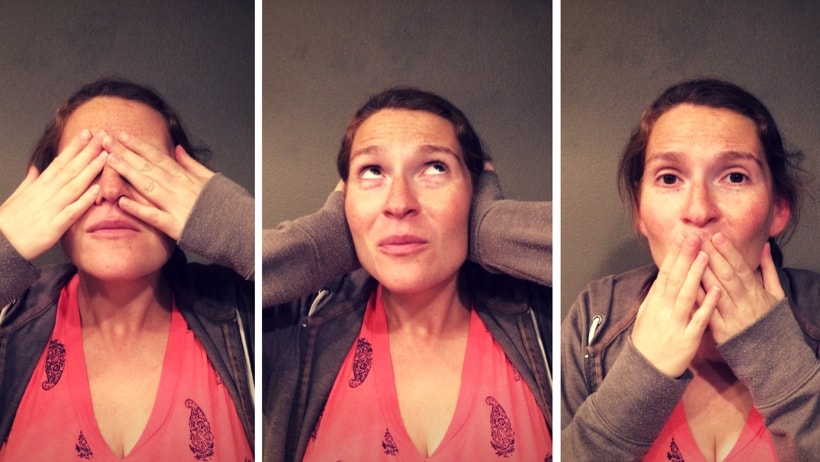Baruch sh’amar v’hayah ha’olam, baruch Hu. Blessed is the one who spoke and the world was, blessed is He. These words open one of the central prayers of our morning liturgy. How fitting that each day begins with the reminder that the world was created as God’s mouth was opened, using words to bring into being the cycle of life that gives us life every day. I love this prayer for a number of reasons, but perhaps the greatest reason is that it reminds me daily of the power of words.

If God’s words have the power to create or destroy an entire universe, then surely our words too have the power to lift up or tear down each other’s worlds, since we all have a spark of the divine inside us. This is the lesson I try to hold with me as I open my mouth to speak or close my mouth to listen. We must be in tune with our words. How might they be interpreted by others? How might they lift up or destroy someone else’s world?
This week we read parshat Shoftim, in the middle of the book of D’varim, which outlines our legal system, the responsibilities of judges and prophets, punishments for witnesses, and more. It’s worth noting that the Torah recognizes that the legal system and those in charge of it must be hip to the times.
The text begins with chapter 16, verse 18: “You shall appoint magistrates and officials for your tribes, in all the settlements that the Lord your God is giving you, and they shall govern the people with due justice.” In other words physically, at the gates of our cities, we are to set a guard for the type of person we think would be an asset to our community. Taken metaphorically, according to a 16th century commentator, we must set guardians at the gates of our souls. The gate at our mouths guards against lying or speaking malicious gossip, the gate at our ears guards against being eager to hear malicious gossip, and the gate at our eyes guards against forming the habit of seeing the worst in others.
Judgement comes not only in the form of legal rulings, but also as we use our own minds to understand how and what we should be doing and saying in the world around us.Parshat Shoftim reminds us that our world – the cities, towns, and communities we are a part of – are built upon good judgement and how we treat one another. It is our obligation to be aware of the gates to our soul, the gates to creating a world in which we can work together to create, uplift, and celebrate.
– Rabbi Eve Posen
Source: Guardians of the Soul – Parshat Shoftim 5776 – Rabbi Eve Posen



